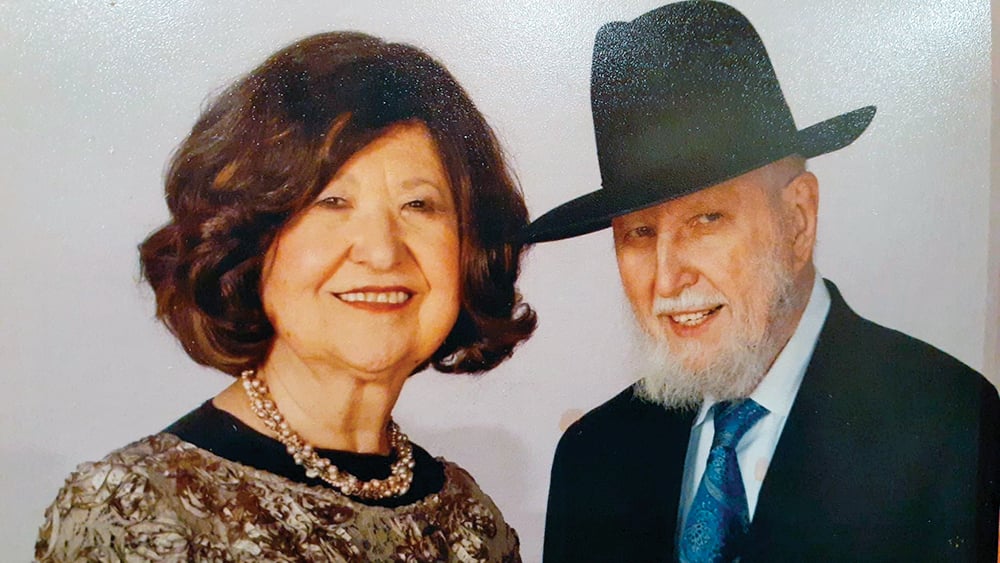
(Courtesy of Faigy Stengel).
Rabbi Shlomo Singer, founding rosh yeshiva of Yeshiva Ner Boruch-Passaic Torah Institute (PTI), passed away on December 14, 2024 at the age of 91. He spent almost six decades successfully disseminating Torah and creating a community of Jews learning Torah in the greater Passaic-Clifton area.
Rabbi Singer was born on November 14, 1933 in Taylor, Pennsylvania to Rabbi Dovid Yehuda and Leah Singer. His father was the rav of the community, born and trained in Hungary. When he was a child, young Shlomo’s family moved to Manhattan’s Lower East Side, where he attended Yeshiva Rabbi Jacob Joseph (RJJ). He also developed a close relationship with his neighbor, the great Rav Moshe Feinstein, attending his shiurim in yeshiva gedolah (Mesivtha Tifereth Jerusalem/MTJ). His desire to review the classes by taping them led him to buy the newly invented tape recorder, which cost $400 in 1952 ($4,800 in today’s dollars). Rabbi Singer received semicha from Rav Feinstein.
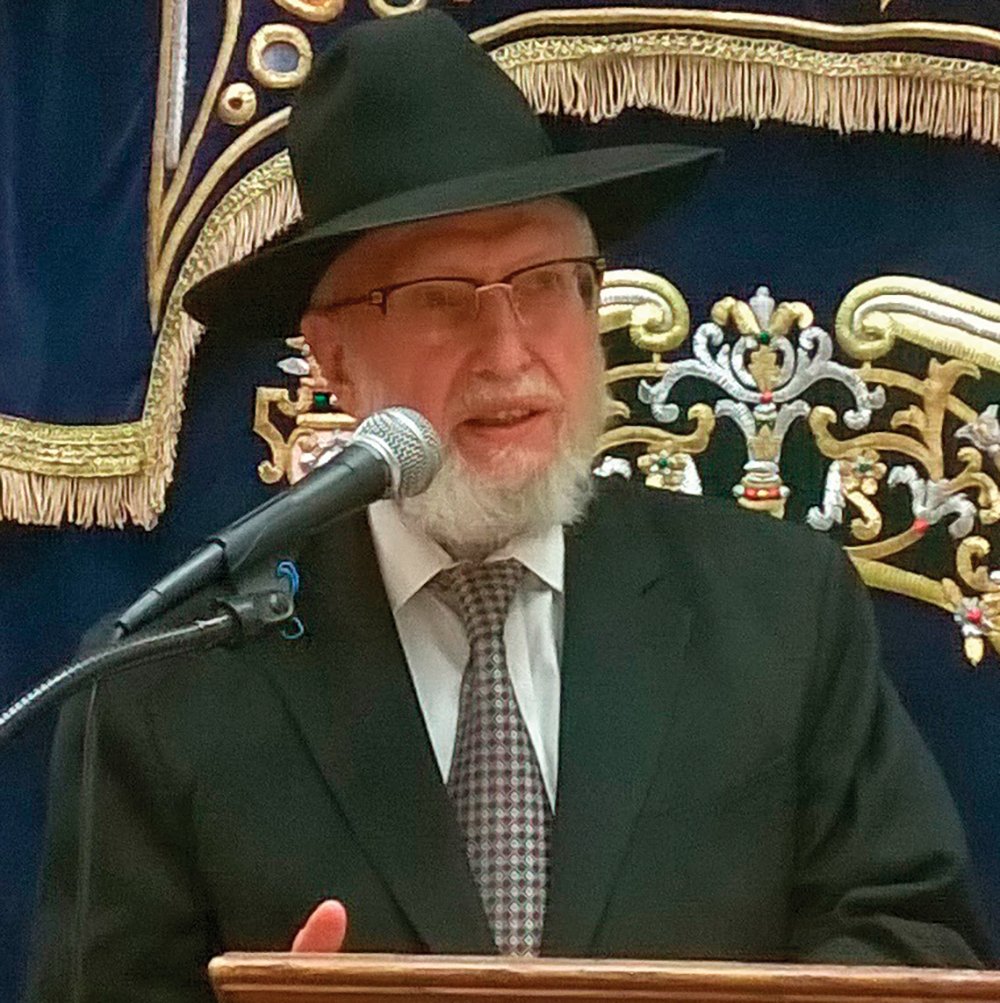
In 1953, Rabbi Singer met Rav Aharon Kotler and was so taken by the inspirational Lakewood rosh yeshiva that he decided to learn in Beth Medrash Govohah (BMG). Rabbi Singer overcame strong family hesitation when he joined the then-50 student elite yeshiva.
Rabbi Singer’s daughter Faigy Stengel told The Jewish Link that the six years he spent learning at BMG was a life-altering experience for her father. He engaged in in-depth Talmud study, which he experienced as not just the most important thing in life, but as life itself. Rav Kotler’s fiery personality inspired Rabbi Singer to make studying and teaching Talmud on an in-depth level (iyun) his raison d’être. Rabbi Singer decided his life’s mission was to pass on the Talmudic tradition he received from the products of the Lithuanian yeshivas to a new generation of American Jews.
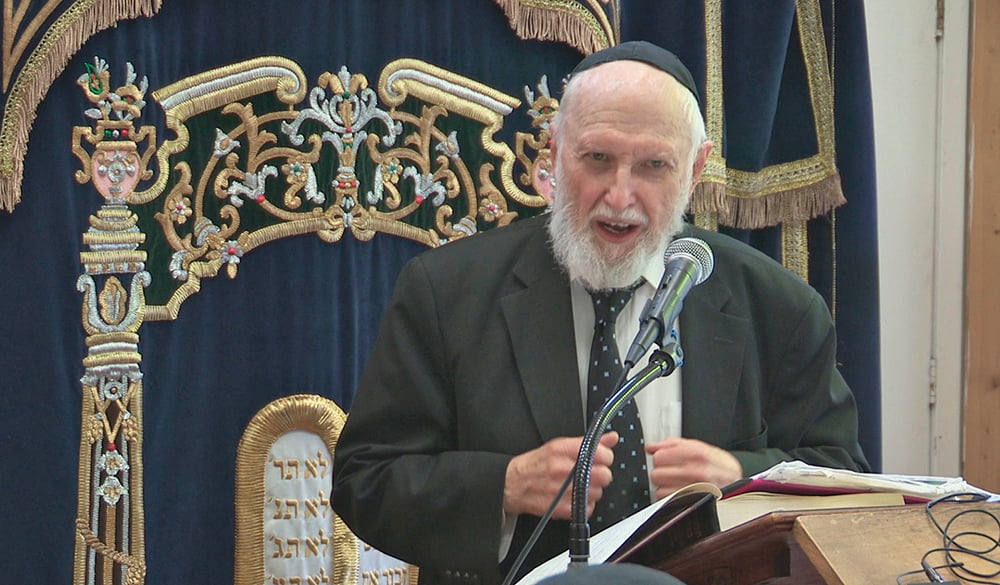
When it came time to leave the Lakewood yeshiva, Rabbi Singer, after consulting with his mentor, Rav Kotler, decided to become a chazan. The reasoning was that he was well suited for this profession since he had a great voice. An added bonus was that Cantor Singer would have extra time in his schedule to learn. He received training from Luciano Pavoratti’s voice coach.
Cantor Singer started out as a chazan in Brooklyn. In 1966, he came to Passaic to become the chazan of the then-largest Orthodox shul in Passaic, Adas Israel (the Adas). Cantor Singer would only be chazan at a shul with a mechitza, even though he could have made a lot more money working in a non-mechitza shul. In 1967, he was introduced to the woman who became his wife, Ita Stuhl, by a congregant. Their wedding was held at the Adas with Rav Feinstein officiating.
Over the decades, Cantor Singer was very involved with educating and doing outreach with the youth of the community. He taught hundreds of boys for their bar mitzvahs, was principal of the Inter Congregational Talmud Torah of Passaic, and was NCSY regional director. The Singers always hosted young people at their Shabbat table, and Cantor Singer would teach beginners on Shabbat afternoons at his home.
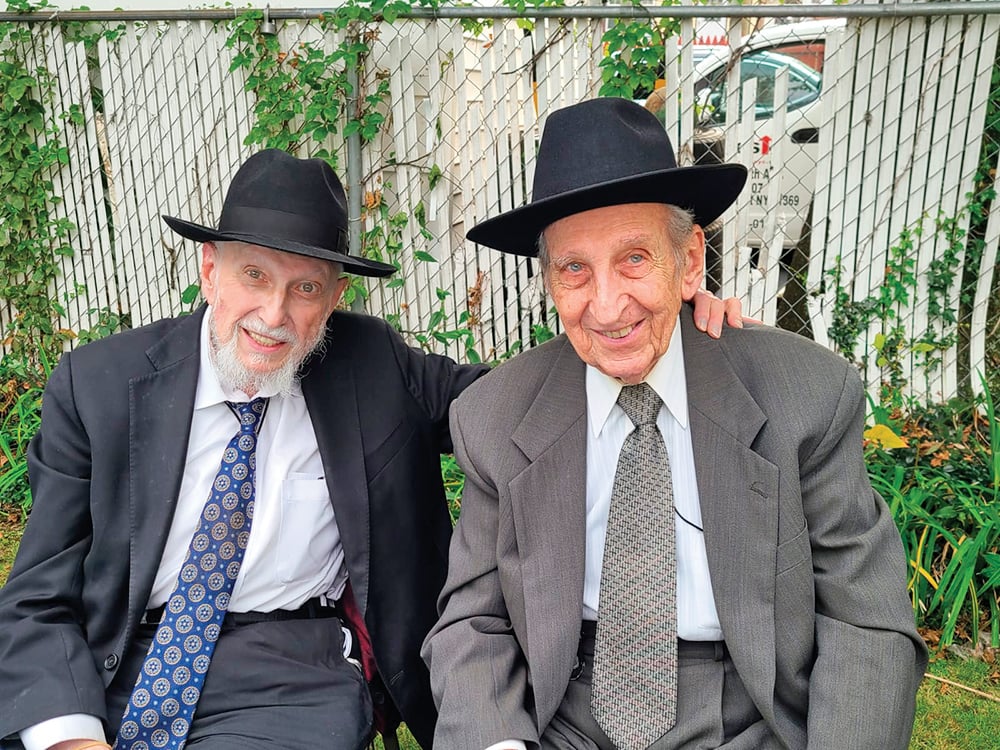
(Courtesy of Meir Weinraub).
In the mid 1970s, Cantor Singer started attending the daily iyun shiur delivered by Rav Meir Stern, rosh yeshiva of the elite Yeshivah Gedolah of Passaic. Rabbi Singer attended the shiur for 25 years and every Sunday morning would deliver a synopsis of the shiur to baalei batim (laymen) in the yeshiva basement. Rabbi Baruch Bodenheim, PTI’s current rosh yeshiva, told The Jewish Link that Rabbi Singer viewed Rav Stern’s shiurim as embodying the truth of Torah in a clear and organized fashion. Hence, he wanted to teach them to others.
In 1996, Cantor Singer retired from his cantorial position after 30 years, and founded the Passaic Torah Institute (PTI) in his home. PTI’s slogan, which Rabbi Singer coined and always promoted, is “Everyone belongs in yeshiva.” It is a unique yeshiva geared to people of all ages and all backgrounds. Rabbi Singer started classes at his dining room table, then expanded to his basement, then to his refurbished garage. After several years, needing more space, PTI moved into a large house on Passaic Avenue. PTI is in the midst of a fundraising campaign to build a larger structure to house all its learning programs.
Alex Levy, who has been learning and working for PTI over the past 20 years, told The Jewish Link that Rabbi Singer created a unique institution. PTI is a serious yeshiva for working (or retired) men where the in-depth iyun learning is on the same level as that of yeshivot for full-time students. Rabbi Singer’s goal was to make iyun gemara learning accessible to all Jewish men. He would break down the sugya into the simplest and most understandable components.
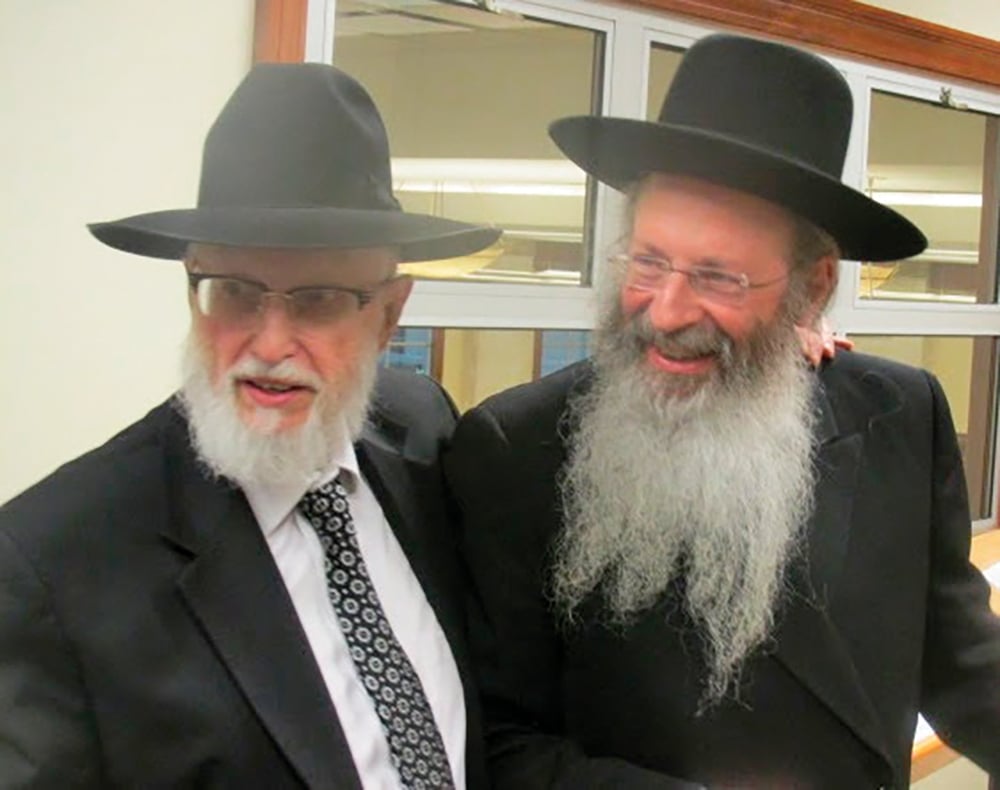
PTI currently has some 200 men who come every week (many every day) to learn. In the evenings there are five levels of Gemara shiurim. There are morning Gemara shiurim and also halacha, parsha and hashkafa classes. There is chavruta learning, young professionals learning and legal holiday guest shiurim. PTI’s women’s division offers four in-depth shiurim a week, attracting 50 women.
Rabbi Singer was friendly, charismatic and an excellent public speaker. He was always reaching out to attract new learners. Avraham Greenbaum, a longtime learner at PTI, remembers Rabbi Singer for his passion in learning Torah and passion in sharing with others his love for Torah. Rabbi Singer continued teaching until he became too ill in May of 2024 at age 90.
Meir Weinraub, who has spent his mornings learning at PTI for the past decade, told The Jewish Link that Rabbi Singer, besides being an excellent teacher, was very loving towards his talmidim. He was a father and grandfather figure to his talmidim, available to help them in every area of life. In 2018, Meir’s family was sitting shiva on Maitland Avenue in Teaneck for his grandmother. Rabbi Singer paid a shiva visit and invited Meir’s grandfather, Leo Weinraub, to come learn at PTI. Meir’s grandfather was a Holocaust survivor who had lost his parents at age 12, and explained that due to his circumstances he had never even opened a Gemara. Rabbi Singer convinced the then 93-year-old to come every week to PTI to learn Gemara with him. They continued learning until Leo Weinraub’s passing last year.
Rav Yechiel Novick, rosh kollel Daat Yosef in Ashdod, said that Rabbi Singer’s transition from cantor to rosh yeshiva was an unprecedented accomplishment. Rabbi Singer, he said, had such a passion for Torah, it’s was if he was burning with the fire of Torah. Rabbi Singer believed that the only way to protect Jewish men from the negative influences of our society is through in-depth Gemara learning. More importantly, he sincerely believed that every Jewish neshama yearns to study Torah, the same way his soul did. Rabbi Singer loved every Jew and tried to help them in whatever way he could. It is rare to have such an elevated and sincere person in our generation.
Rabbi Singer is survived by his sister, Sarah Eiferman; son, Rabbi Tovia Singer (both of Jerusalem); daughters Fradelle Katz, Faigy Stengel and Rivka Bodenheim (all of Passaic); and many grandchildren and great-grandchildren. He was predeceased by his wife, Rebbitzen Ita Singer, who passed away in 2017.








